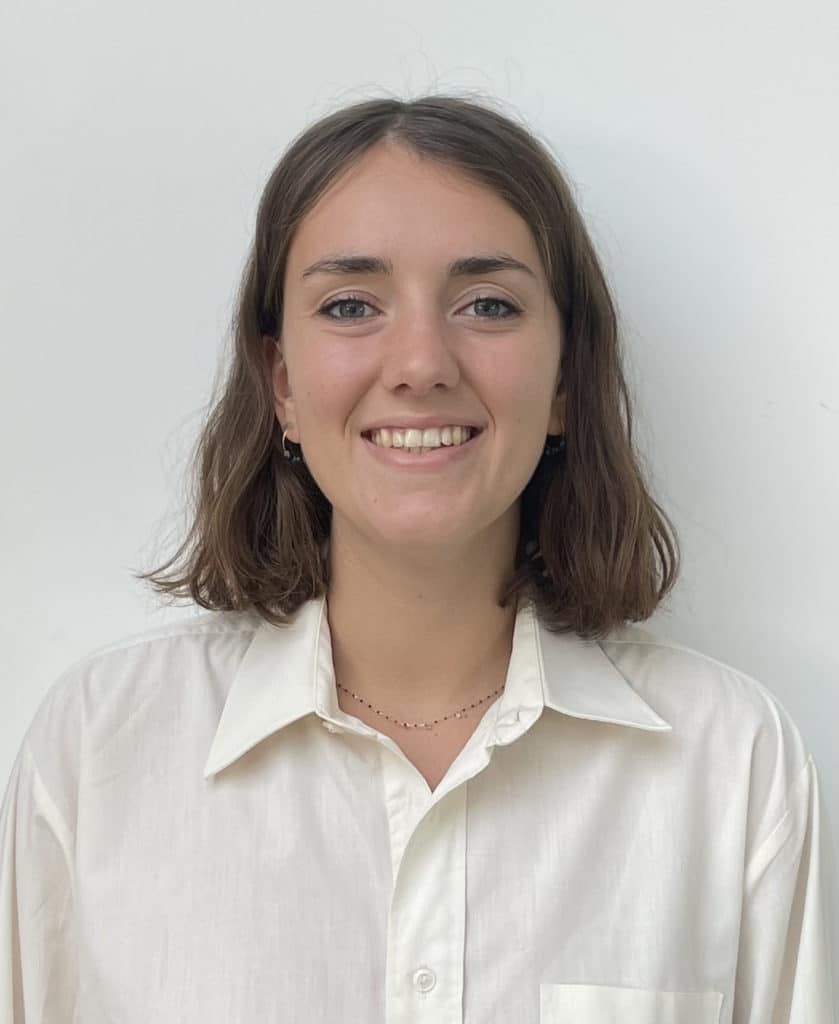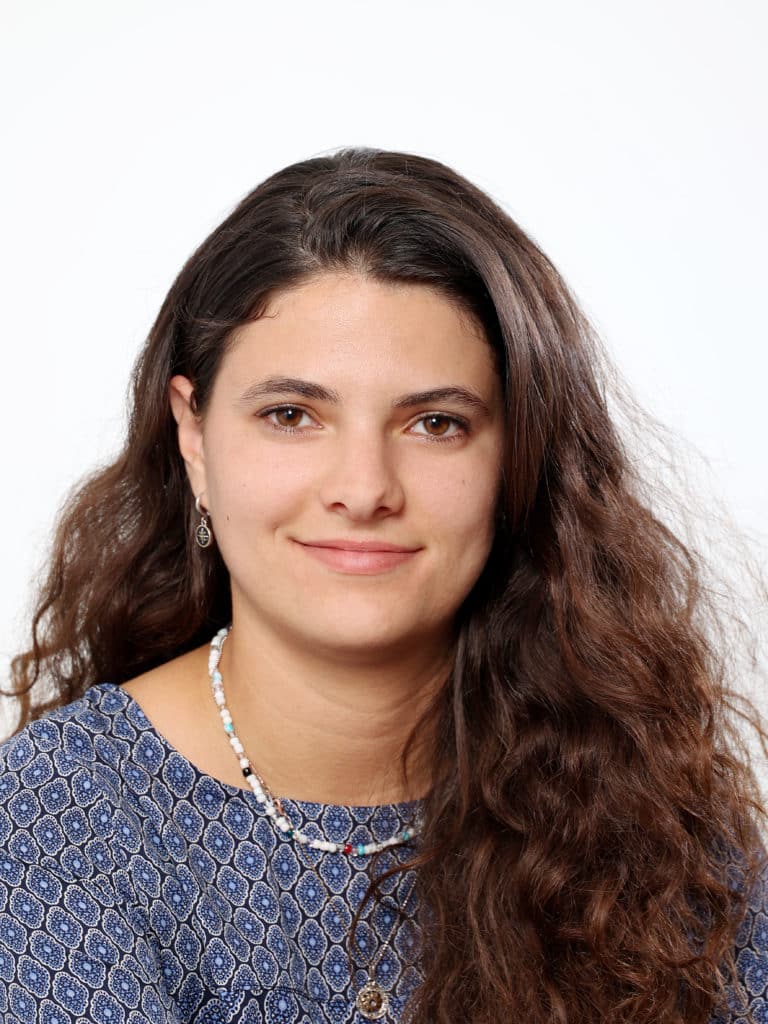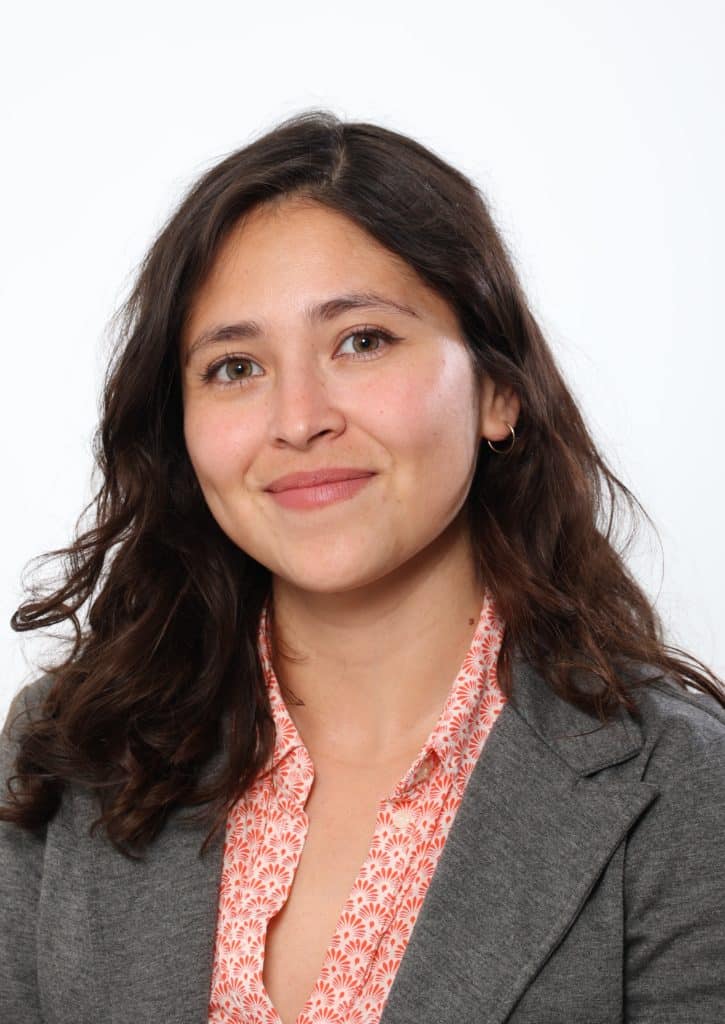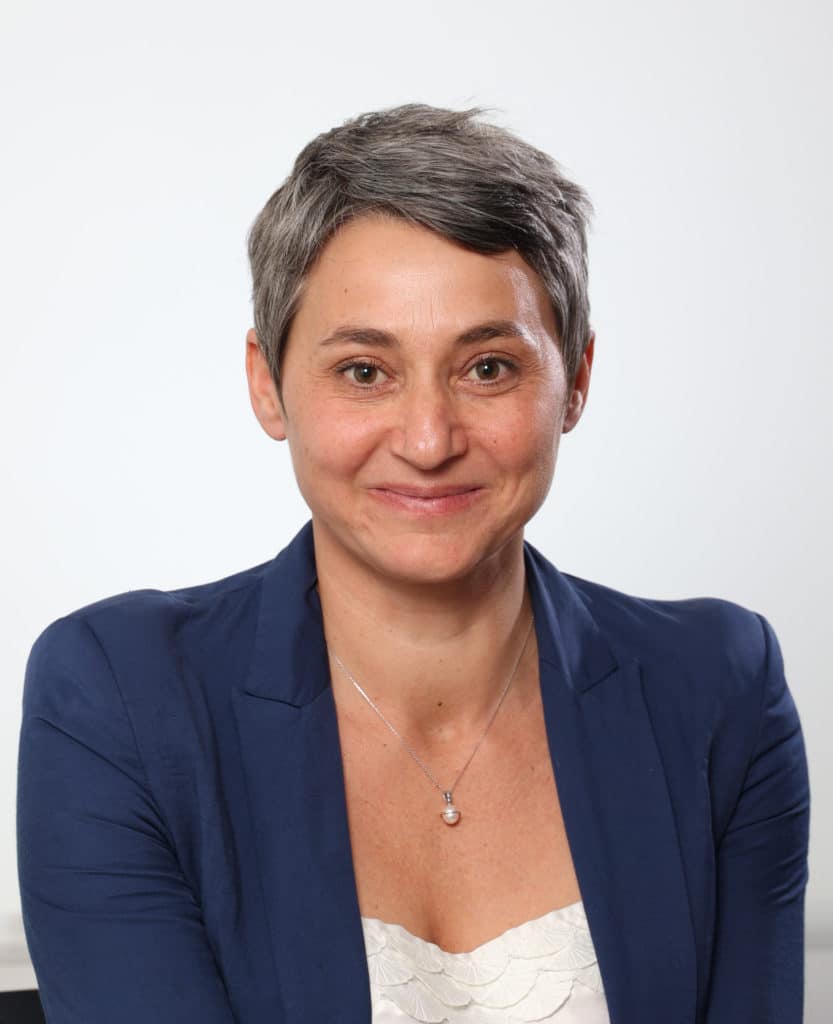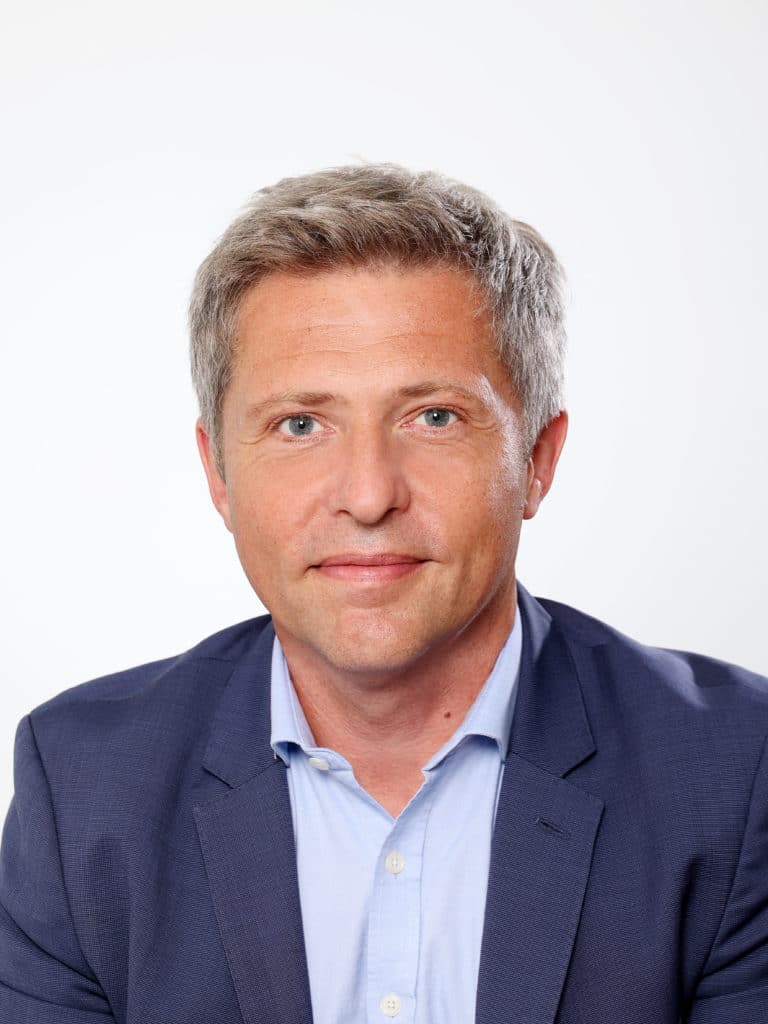Afin d’analyser les démarches de sobriété mises en œuvre par les collectivités territoriales, le Comité 21 et France Villes et territoires Durables ont lancé une enquête visant à questionner l’acceptabilité des actions de sobriété, et leur impact conjoncturel ou structurel, mais également à identifier des pratiques inspirantes.
En effet, à la faveur du contexte géopolitique marqué par la guerre en Ukraine, les engagements des collectivités territoriales en matière de sobriété énergétique se sont accélérés. Mais est-ce synonyme d’un nouveau projet de territoire, dans lequel la sobriété jouerait un rôle central ? Comment ces enjeux mobilisent-ils sur le territoire ? Comment sont-ils perçus par les acteurs ?
Ce travail fait émerger les pratiques, les obstacles et les leviers des politiques de sobriété à l’échelon local, telles qu’observées aujourd’hui, et interroge les perspectives pour en faire de véritables leviers de transformation des territoires.
Les résultats de cette enquête font émerger une réalité contrastée. Si d’un côté certaines collectivités ont pris le sujet de la sobriété à bras le corps (le plus souvent avec quelques entrées thématiques bien identifiées), la majeure partie s’est focalisée sur le sujet énergétique, à la faveur des tensions sur le marché à partir de 2022.
Cette attention particulière portée au sujet énergétique, pris dans le contexte de la crise, produit un résultat double. La crise a constitué une incitation très forte pour les collectivités à réduire leur consommation d’énergie, afin de ne pas voir les factures s’envoler, ce qui a globalement plutôt été accepté par les parties prenantes internes (agents) comme externes (citoyens), et qui a parfois permis d’aborder les enjeux de transition. Toutefois, les mesures engagées ont souvent été perçues comme participant de la contrainte, du temporaire, plutôt que comme un nouveau « projet de société » ayant vocation à devenir la norme, englobant de nombreux enjeux.
A cet égard, des efforts certains ont été entrepris dans le domaine énergétique, mais en rencontrant le plus souvent des difficultés à embarquer les parties prenantes dans un récit plus vaste. Ceci pose la question du futur de la sobriété dans les collectivités locales, gage de la transformation nécessaire pour faire face aux défis actuels. En effet, il est difficile de dire si les actions conjoncturelles et sectorielles, principalement amplifiées voire en partie motivées par la crise, vont être en capacité d’initier un véritable projet de sobriété à l’échelle du territoire, mobilisant l’ensemble des acteurs.
Pour plus d’informations sur cette enquête, merci de contacter :
Christophe Leikine, Chef de projet – Relation aux collectivités christophe.leikine@francevilledurable.fr

